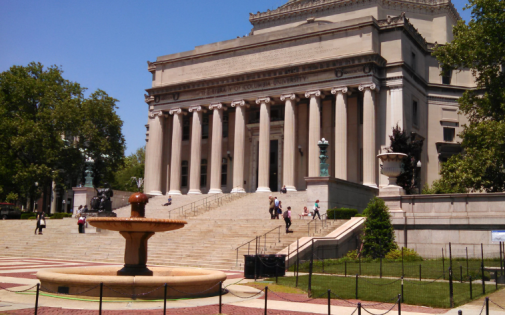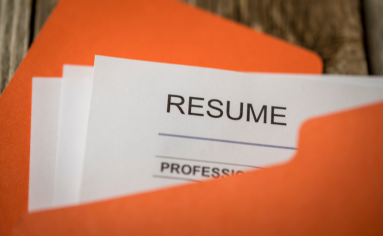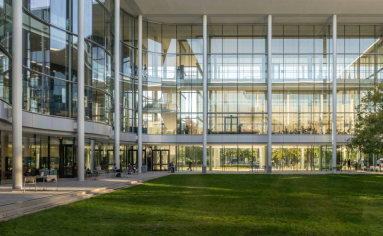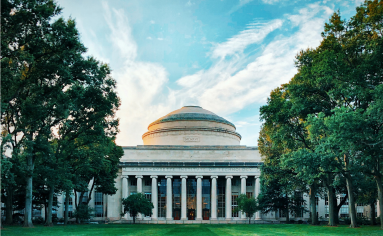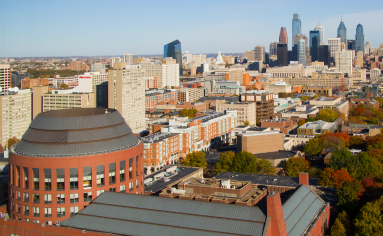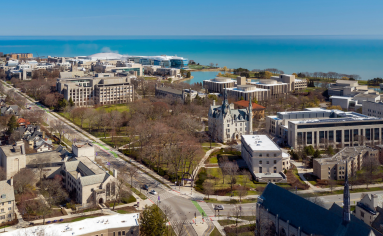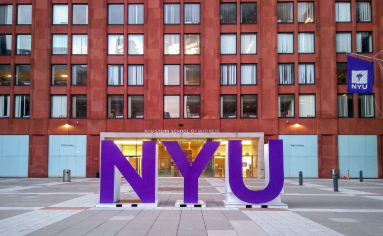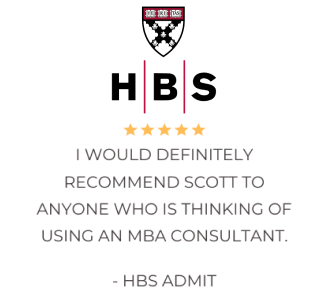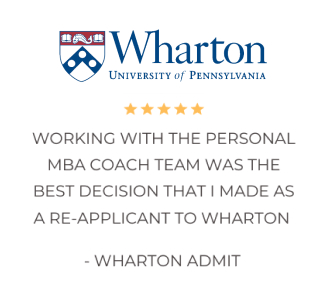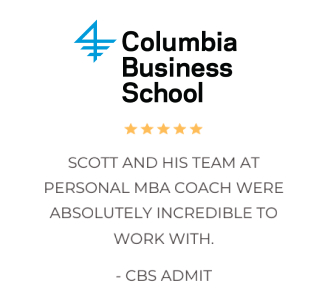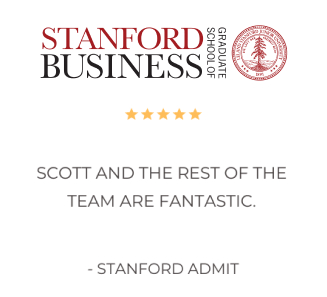Nicole Shay: My name is Nicole Shay and I am joined by Jordan Blitzer, Director of Admissions at Columbia Business School. Jordan and I actually know each other really well as I spent six years on the admissions committee from 2015 to March 2021, and we worked very closely together. I am so appreciative, Jordan, that you are here chatting with me. It is great to see your face again given that we sat right behind each other for many years.
I would love for you to start off by telling me how you first got involved in admissions.
Jordan: Thanks so much for having me. I am happy to be here! My journey to admissions is somewhat nontraditional, as with many admissions officers. I worked at a small company, then a startup, and then in a more established corporate environment for several years. One of my close personal friends was a long-time CBS staff member. At every opportunity, she would tell me that Columbia Business School was an awesome and impactful place to work.
So, in 2017 when there was a role available on the Diversity Recruitment team within CBS admissions, I jumped at the opportunity. From my initial phone call with Amanda Carlson [Assistant Dean of Admissions] I fell in love with what she shared about her experience and the impact that I could have on prospective and current students as an admissions officer. I joined the team and haven’t looked back.
Nicole: I love hearing your story because it brings me back to interviewing with Amanda and the way that she speaks about the team, the work we do, the students and the alumni. (I say “we” but the work that you guys engage in and that I engaged in).
Jordan: That is the feeling I had when I spoke to her and the team. It very much felt like a special community, not just the admissions team, but Columbia Business School overall.
Nicole: So, what excites you most about your work?
Jordan: I get to speak to unbelievable people from all different walks of life, whether it’s my colleagues or prospective students. Pre-pandemic, I got to travel and engage with people all over the world, and I fortunately have had many meaningful relationship-building opportunities in the virtual environment too.
I studied Sociology and Anthropology in college, and I have a master’s in Adult Learning and Leadership. People are what motivate me. I think that will continue to be the case for a long time.
Nicole: Absolutely, a great team, great students, great alums. When I had to make the move to Houston, Texas, there were a handful of alums who reached out and were so excited that I was moving to Houston. They sent guides and set me up for lunches with their parents, siblings, and friends. I would completely agree. That is something that really motivated me throughout my time and continues to shape who I am both personally and professionally.
So, focusing on Columbia, what changes are you looking forward to on campus over the next year?

Jordan: The biggest one that is top of mind is our move to two buildings on our brand-new Manhattanville campus. We will be moving in December but opening our doors for students, faculty, and staff to be in full force – teaching, learning, and collaborating – come January 2022.
Nicole: I think it’s going to be amazing for students. The way it was built was to allow for more collaboration and for more surprise encounters with people that you might not otherwise have.
Jordan: We are also going to be engaging in such a meaningful way with the community in Harlem, and I think that will really enhance the student and community experience. I am really looking forward to seeing how it all pans out.
Nicole: You kind of mentioned this before, but there are still some COVID restrictions in place on campus for visitors specifically. Have there been any big changes to the application process in the past year, either related to COVID or otherwise, that you want to address?
Jordan: One question we get a lot is around in-person vs. virtual events. As I mentioned, campus is still closed to visitors to prioritize the space for our students for in-person instruction. Another question we get quite often, and you probably get this a lot too, is around online test taking. We absolutely accept tests taken online and see them as valid.
Not COVID related, we still have our traditional goals essay, but we now allow our applicants to choose between two of three options for the other essays. We really want people to talk about the things that are important to them so we can get to know them even better. We also reduced our recommender requirements and now require one recommendation. I think our applicants were a little stunned at first, but it has made the process more manageable overall.
Finally, the biggest general change (not COVID related) is that we joined The Consortium for Graduate Study in Management. This means there is now an opportunity for folks to apply to CBS through The Consortium. This is brand new territory for us since we are the newest school to join the group. I am excited to see from an admissions perspective how that all plays out with our process and building our class.
Nicole: That’s awesome. I know the team was talking about that for a while, and it’s really exciting to see that come to fruition. I do have a couple of follow-up questions because of the things we hear from our clients.
I noticed that you changed your policy on test scores and the recommendations submission timeline. Can you briefly review the current policy?
Jordan: We changed for operational purposes. We were finding that we were not able to give responses to our applicants in the timeframe that we wanted to because we ended up, in many circumstances, waiting for information that didn’t always arrive. Because we operate under rolling admissions, we advise applicants to wait to submit their application until it is as strong as it can be. If you are going to take a test in three weeks’ time, you should wait to submit your application until after you take the test.
The second change you mentioned is that we slightly adjusted the timeline for our recommender submissions, allowing them a two-week grace period to submit after an applicant submits. We understand what recommenders do is somewhat out of an applicant’s control, but we must hear from your recommenders within two weeks to deliver decisions in a timely manner.
Nicole: I was excited to hear about these changes because I think they benefit both the team and the applicant. It really does encourage you to do things on a more practical timeline.
Columbia is still much more generous than a lot of schools when it comes to recommenders getting their letters in. I was excited to hear about these small changes that I know make a big impact in the way that decisions are made for everyone.
I’m curious if you have any advice on which of the three essays to choose if someone is really stuck on how to choose. Do you have any advice at this point given you’ve only been giving this option for several months?
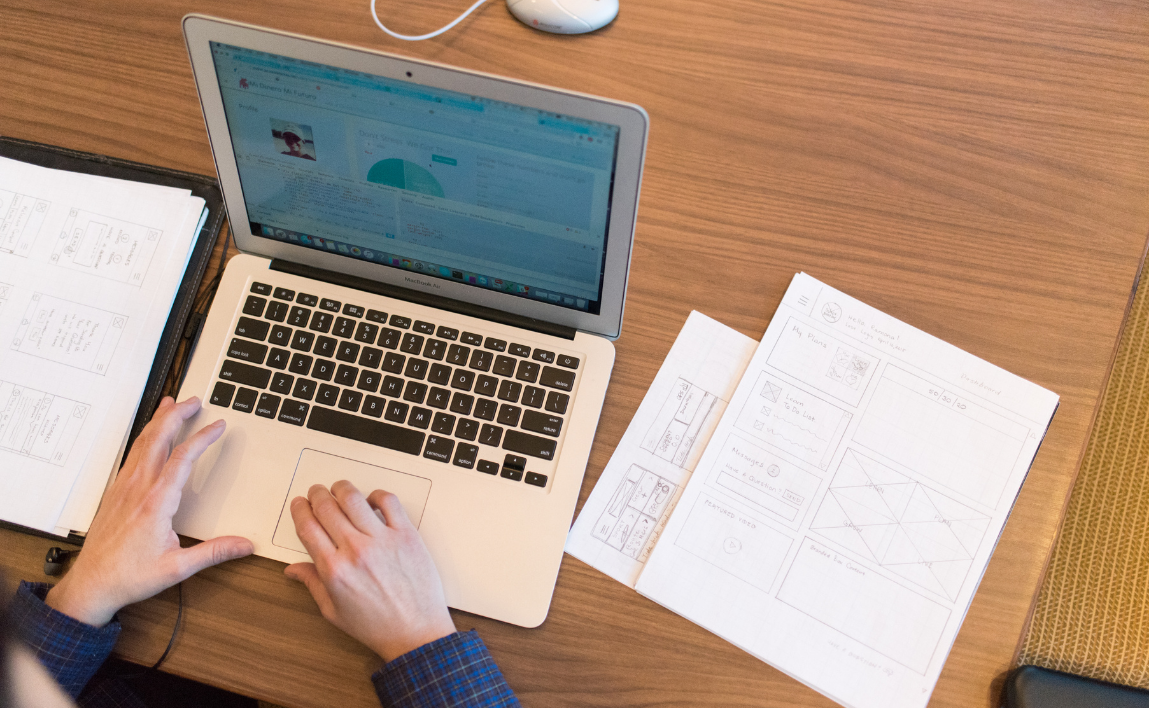
Jordan: A lot of the MBA process is about reflection and honesty with oneself. If you feel you can answer two of the prompts meaningfully over the other, pick those two. We really do not have a preference of which we want to see. Again, it is about being able to meaningfully answer the prompts and sharing more about you.
Nicole: I think that is great, and what people want to hear or understand is that there truly is no preference. I think people spend a lot of time wracking their brains about which to do or what the committee would want them to pick. The answer is, there are no two correct choices.
We will talk more about it later, but what do you think is the most common misconception about CBS?
Jordan: When I first joined CBS, we had this reputation that our students were sharp-elbowed. I think that’s just by nature of being in New York City, a city that also has that reputation.
Nowadays a misconception I hear is a lack of community. People think that we are a commuter school and that there is not really a deep community here. That could not be more wrong. The best way to debunk it is to speak to current students about the community. Ask students how they feel supported. We give a lot of support as an administration, but students usually mention us second to classmates or peers.
We as an admissions committee work hard to find people who are going to continue to further that community.
Nicole: You put it so eloquently how the team, the administration, and the students have come together to create a cohesive community. Talking a little bit more about the application, what do you wish that applicants would do differently when applying?
Jordan: It sounds obvious but answer the question. It’s something that often gets missed. We read a lot of applications, including a lot of essays about goals. It’s clear when an applicant is using an essay that was written for a different school. At the end of the day, if you can just take a breath and say, “Did I actually answer the question?” it can make a big difference.
Nicole: Something that we often emphasize with clients is that even though the themes of different essays in different schools are the same, maybe goals, fit, etc., they are not the same question. It is very easy to tell if you try to smush one essay’s content into another essay. I know that I can detect it very easily, and I emphasize this with people so it’s good to hear from you that it is real.
Any tips that you have to bolster authenticity or mitigate this cookie cutter way of approaching essays?

Jordan: Something that I encourage people to do is identify someone in your life, it’s probably not going be your significant other, parent/guardian or grandparent. It’s someone who knows you but doesn’t know you that well. Give them your essays and don’t give them the prompt. Have them share with you a little about how you’re coming off – does this sound like me? Does this feel the person you know?
It’s helpful for it to be someone sort of distant because you don’t want the person filling in holes for you. Your parents might fill in a gap and connect the dots in a way that an admissions committee member cannot.
Have this person give a little bit of feedback and general thoughts on your responses, and then have them predict what the prompt was. Then you can really say to yourself “Okay, I answered the question” or “Oh, something is amiss here; they didn’t catch what my dream job was.”
I think it is a good way to see if you hit or missed the mark.
Nicole: I think that is a smart approach. My go-to tip aside from that one was always to join these admissions events. Especially now that they are all virtual it is really easy, no matter where you are, to tune in or listen to recordings and listen to students talk about what they loved, how they took advantage of the community, and it kind of helps you write your essays or determine your fit.
Listening to what other people talk about helps you much more clearly articulate the picture of how you are going to succeed at that school.
Jordan: Definitely. This not only shows the admissions committee that you are engaged and enthusiastic but also it will serve you in the process. It will help you determine whether you want to go to a school or not.
We recognize that applicants have full-time jobs and a lot on their plate, so we are not saying that you must participate in every single event we offer. But we do, to your point, offer a lot of events now that are virtual.
Nicole: I am assuming this was some of the advice you would give a candidate about how to think about preparing for Columbia.
Jordan: You hit the nail on the head around the events. I’m going to plug our recorded events because they are quite robust. I think every school is going to be different, but our admissions team takes pride in making ourselves accessible. We really try to prioritize the needs of our prospective students as best we can.
Reach out to admissions committee members and get to know us – we’re people too! And talk to current students. They are going to give you such good insight into “are these my people?”.
Nicole: So, what everyone probably wonders is, what is the best way to connect with current students?
Jordan: We work with a club on campus called the Hermes Society, which is about 250 student ambassadors who work with our office very closely on a full host of events and activities for both prospective students and admitted students.
There is a portal on our website: “contact a student” which I recommend. You can filter students across different areas of study, different clubs, different locations, and the database will spit out names and email addresses of students who want to talk to prospective students in your shoes.
Of course, if you have any trouble you can always reach out to admissions.
Nicole: I wish we had so much more time to talk. But Jordan, I cannot thank you enough for your time. It is such a pleasure to speak with you and be able to see you again. This conversation was incredibly fun for me, but I think it will be incredibly helpful for those who are considering applying to Columbia in the future!


